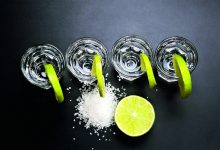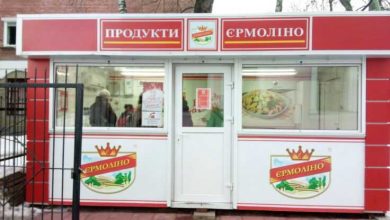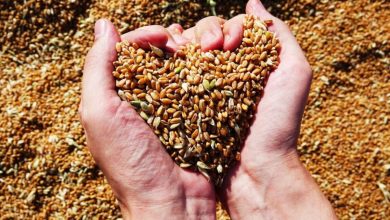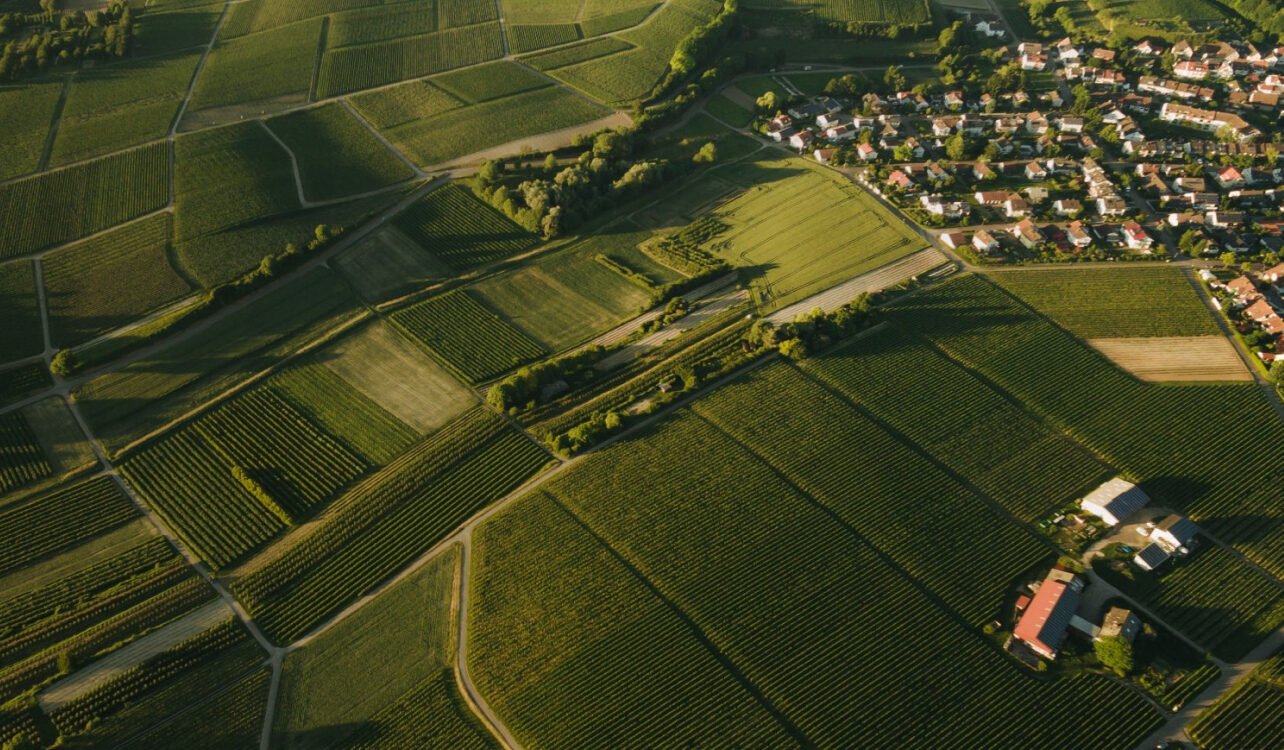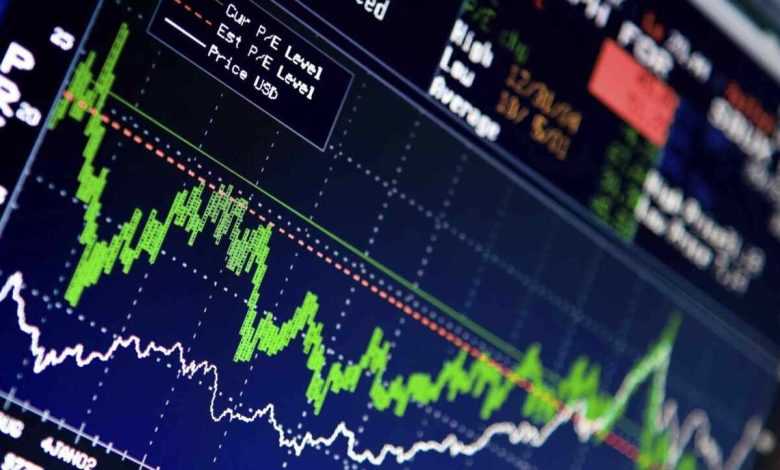
When two years ago KSG Agro S.A. owner and chairman of the board Sergey Kasyanov spoke about the success of his agribusiness, he was modestly silent about the rapid growth of both his holding’s incomes and debt burden. At that time, the fact that a big agricultural company had external loans in foreign currency could not surprise anyone. Moreover, KSG Agro S.A. shares were traded on Warsaw Stock Exchange since 2011, bringing the agricultural holding bonuses in the form of readily available loans of foreign banks. Such publicity opened the door for cheap financing in foreign currency. But in early 2014 it became clear that the earnings of the business wouldn’t be enough to service its multi-million debts. KSG Agro shares began to fall rapidly as investors showed their concerns about the financial stability of the agricultural holding.
In addition to inefficient operations of the companies themselves, many Ukrainian enterprises saw their shares falling due to the country risks. Even the leader of Ukrainian poultry market Myronivsky Hliboproduct owned by Yuri Kosiuk could not avoid the fall of its stock. «Political and macroeconomic factors, including the military conflict, devaluation, production drop and decreased real incomes of the population, as well as a number fundamental factors influence the shares of each specific company. For the last two years KSG Agro’s stock was falling due to the company’s worsening financial situation, debt repayment problems and the land bank reduction», says Natalia Shpigotskaia, analyst at Dragon Capital Investment Company. «During the last two years alone the company lost 53,000 hectares — 30,000 hectares were in annexed Crimea, and the businessman was forced to give the rest to his creditor, UniCredit Bank. As a result, a former agricultural giant turned into a middle company with about 39 000 hectares of fields. Last year, KSG Agro’s revenue fell 55%, to $26.3 million. Its loss amounted to $39.5 million.
Kasyanov managed to reverse the situation this year — the prices of his KSG Agro shares increased 9.8%. «This is an excellent result», financiers say. Company’s stock started to grow after investors learned that negotiations with creditors on the debt restructuring took place. And the holding’s liabilities were rather big: in 2013 its debt to Ukrainian and foreign banks reached almost $100 million. After the rapid hryvnia devaluation the servicing of such loans became an overwhelming task for Kasyanov’s company. The businessman spent last year in airplanes. All this time he was trying to negotiate restructuring with bankers. «Our main borrowings are in foreign currency, and they were used to finance our trade. We managed to reach agreement with creditors, and they are ready for restructuring», Sergey Kasyanov, KSG Agro’s owner and chairman of the board said to LL. The debt burden of the company is $42 million now.
Kasyanov said that based on the results of the first half of 2015 the company received a good revenue — more than $5 million. But according to the holding’s financial statement its loss was $3.8 million. KSG Agro’s owner believes that the reason is devaluation. «It’s all about the exchange rate difference. Excluding this factor, we received profit of $3.2 million», says Kasyanov.
When the entrepreneur talks about his business he is still full of optimism. He believes that the main challenges of his company are a matter of the past. And although Kasyanov has no plans to invest millions in his business in the coming year, he is strongly positioned to return the holding to its former heights. «We’ve lost some lands to repay debts. Now we use a variety of options to bring it back: back-leasing, rent-to-own among others», Kasyanov says. He has managed to agree with banks that some pledges will remain under the control of its agricultural holding. For example, the businessman rented its mill complex from the bank at the annual rate of 5% in hryvnia. Banks are also happy with such cooperation. They tend to get rid of pledged property, especially in agriculture, since they do not know how to manage it in a due manner. After all, the banks’ goal is making money with the help of financial instruments.
Kasyanov is not going to change the business model of his holding. KSG Agro will continue to cultivate grains and oilseeds, as well as to develop pig breeding. Kasyanov is confident that the pork business has great prospects today. Especially as the industry leader — Boris Kolesnikov’s APK-Invest lost some ground due to the war in Donbass — its lands are located near the combat zone. «Our pork business started to make profit and we want to expand it», says Kasyanov. Moreover he’s going to work exclusively on the local market. And his chances for success are high. «There is a big potential for pig breeding, as the market is scarce and the price of entry is low now», Artur Loza, the director of the Ukrainian Pig Producers Association says.
But KSG Agro owner has no plans for the new IPO — the risks of undervaluation of Ukrainian agricultural companies’ stock are too high. In addition, to organize the next public offering you should reduce the debt burden, increase outputs and get a real profit. «We’ve changed our approaches to the business assessment recently. We build all the processes from the scratch, reduce risks. We are in the process of development and focus on our own profit. We believe we have good prospects», sums up Kasyanov.
[su_dropcap size=”5″]P[/su_dropcap]roducing milk and cheese in Ukraine without thinking over various ways of exports is a straight way to damages and the loss of capitalization. This is especially true when it comes to a business, which for many years has been focused on the Russian market. The shares of Milkiland at Warsaw Stock Exchange dropped 53.7% during a year. «The group’s stock was falling due to the closure of Russian market — a key export direction of the company», explains Shpigotskaia. When in July 2014 Russian Agency for Health and Consumer Rights banned the export of Ukrainian cheese to the Russian Federation, the company’s losses reached 72.4 million euro. In 2013, due to the sales of its dairy products on the Russian market, Milkiland received 62% of revenue according to its annual statements. «The company more suffered from devaluation of ruble and hryvnia. Our losses due to the exchange rate were about $50 million», says Milkiland owner Anatoli Iurkevych. And although before the 2014 crisis he diversified his production — bought Ostankino factories in Russia and Ostrovia in Poland — this did not save the situation. In 2015 Russia banned the export of cheese from the European Union as well, and it is not an easy task to work on the crowded and demanding Polish market. «We bought Ostrovia to diversify the risks of trade wars with Russia. We understand that Russia will continue to ban Ukrainian exports, as we have already seen it in early 2006. But we could not imagine Russia would spoil its relations with Europe to that extent», says Iurkevych. «On the other hand, Ostrovia factory can become our launch pad in the EU market. No Ukrainian milkmen have this benefit except us».Ostankino dairy plant was a pledge for a loan, and now it is offered for sale by one of the creditors — UniCredit Bank. Iurkevych was negotiating with creditors on the debt restructuring since September 2014. Then Milkiland was unable to repay a part of the syndicated loan in the amount of $100 million, which he attracted in 2012 in four foreign banks, including UniCredit International and Raiffeisen Bank International Group. Apparently, proceeds from the sale of Russian plant, which is about $55–65 million, will be directed for the repayment of loan.
The Milkiland quotes reached the bottom in August and September this year — then the price for company share was 0.98 zloty. Just about the time the company released the financial report for 6 months, according to which its revenues were down compared to the same period of the last year by 35% to 97.7 million euro. However, immediately after the debt restructuring news emerged the company’s quotes jumped 111%. So Iurkevych does not intend to give up — it’s not in his character. The Ukrainian plants partly switched from cheese to the milk powder production. Businessman is actively looking for new markets. For example, he supplies the milk powder to Asian countries. Milkiland, which has always been famous for high-quality dairy products without vegetable fat additives, started to produce cheese products last year. With the «cheese for the poor» the company expects to compensate losses, as the purchasing power of Ukrainians fell. At the same time the businessman began to actively develop the segment of expensive blue cheese. Last year their sales more than doubled. The imported elite cheeses became too expensive, and no one else produces such products in Ukraine except Milkiland. «Now the whole volume of cooked elite cheese is ordered a month in advance», says Iurkevych.
[su_dropcap size=”5″]T[/su_dropcap]he last two years were difficult for Astarta, Victor Ivanchik’s company. Last year, Ukraine’s largest sugar manufacturer suffered losses of 68.08 million euro. The devaluation of the national currency has certainly played a significant role here. However, the company has been actively investing all these times. For example, in 2014 it launched Globino processing plant in the Poltava Region. The soybeans processing plant costed Ivanchik more than $35 million. Next to this plant, the businessman built a biogas plant, which supplies energy to the company.In 2015 Astarta was already working profitably, and the sales for the first half of the year were 22.75 million euro. «For the first 6 months of 2015 we increased the share of export in sales by 18% compared to the same period of the last year. Now we export 38% of our sugar», the company told. Astarta won thanks to the rising world prices for the sweet product. Domestic prices are also not going to fall. «This year Ukraine will produce 1 million tons less sugar than last year. This year they could reach 1.1–1.2 million tons», said Astarta owner Victor Ivanchik.
The EU allocated the quota of 20 070 tons to Ukrainian producers. And Ivanchik readily took the advantage of this situation. But the businessman decided not to limit himself with the European market and is actively entering Asia. And Ivanchik is going to export not only sugar there. In October, nine Astarta companies were certified and received the right to export corn to China. In the future, the company plans to send soybean oil and oil meal, as well as sugar beet pulp to the Asian country. The animal business is not far behind — in October the batch of bred heifers was sent to Kazakhstan.
As a result, since the beginning of the year Astarta shares rose 58.4% (after last year’s 12.7% fall). Sugar producers from Brazil and Western Europe are still traded at higher multipliers compared to Astarta. For example a Brazilian holding Sao Martinho is valued at 5.12 EV/EBITDA, and Suedzucker — at 8.3. The multiplier for Astarta is 4.12. The foreign producers received state support and suffer from recurrence much less than Ukrainian companies. One of the reasons for the growth of the Ukrainian holding’s shares is the improvement of the country’s rating. «Since the beginning of the year, the rates of Ukrainian Eurobonds grew about 30%», says analyst of Adamant Capital investment company Inna Zviagintseva.
Shares of the sugar holding also grew due to a stock buyback program. «The buyback program, launched in spring 2013, is aimed at the repurchase of shares for management option programs and as a means of pledge, Astarta representatives explained. Over 2% of the total shares issued were already bought back. In June, during the annual shareholders meeting, it was decided to buy back up to 10% of the stock capital. Ivanchik, the main shareholder of the holding, increased his stake in the company by 0.8% in 2015, up to 37.8%.
There are no prerequisites for Astarta quotes to fall, at least now. Ivanchik continues to expand his business and increases profits. The International Finance Corporation has given $35 million to the company to diversify its business and increase the soybean processing yields. This year, the holding increased the winter crops 11%. «In the medium and long term perspective we see significant potential in our core business segments, with an emphasis on synergies and diversification», Ivanchik says.
The shares Oleg Bakhmatyuk’s Avangard, the largest producer of eggs and egg products fell most of all among Ukrainian agricultural companies. This year alone the shares of the egg giant fell 63.4%. It’s all about enormous debts of UkrLandFarming in the amount of about $1.3 billion. It seemed Avangard’s default was inevitable, but in October the holders of agricultural holdings Eurobonds approved the restructuring of stock valued at $200 million. It’s too early for Bakhmatyuk to celebrate the victory — the net loss of his company in the first half of the year was $152.4 million. «We intend to increase export from 20 to 50–60%», says Bakhmatyuk. The increase of earnings in foreign currency will help the businessman repay the foreign currency debts. Today, Avangard’s eggs are exported to Asia, Africa, former USSR republics and EU. Will Ukrainian agricultural companies continue conquering global stock exchanges? The next couple of years it seems unlikely. Due to investors’ distrust their shares are strongly undervalued. «We do not expect agricultural IPOs in 2016. Agricultural holdings will continue to optimize their production and sales structure without making high investments», says Taras Ieleiko, who is in charge of the Investment Activity Department at OTP Capital.
Техт: Natalia Boguta

